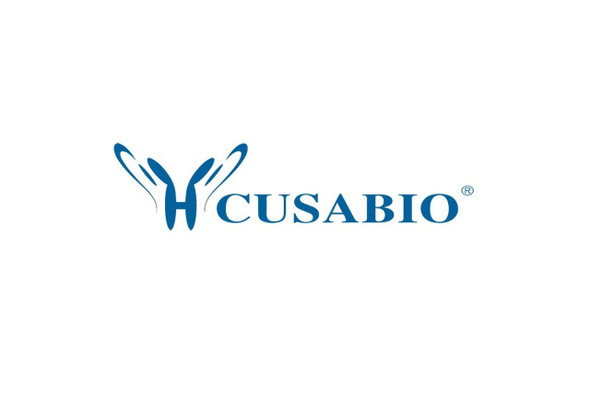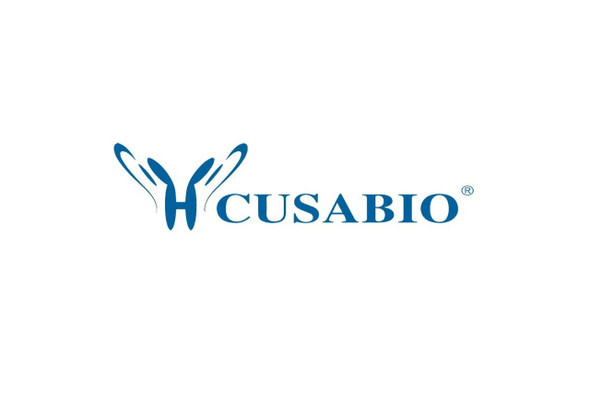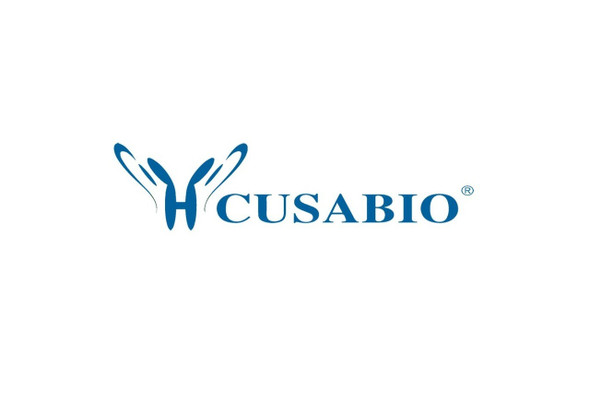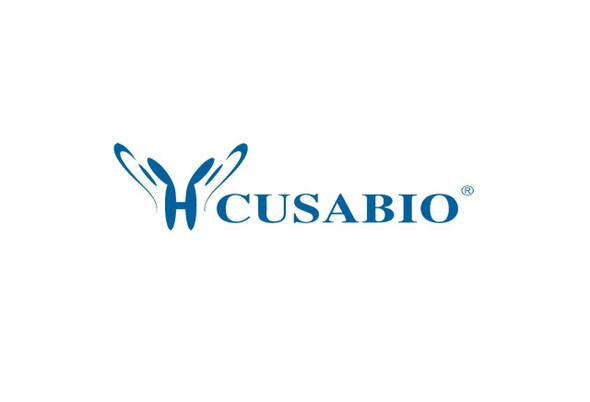Cusabio Polyclonal Antibodies
NDUFA12 Antibody | CSB-PA571870
- SKU:
- CSB-PA571870
- Availability:
- 3 to 7 Working Days
Description
NDUFA12 Antibody | CSB-PA571870 | Cusabio
NDUFA12 Antibody is Available at Gentaur Genprice with the fastest delivery.
Online Order Payment is possible or send quotation to info@gentaur.com.
Product Type: Polyclonal Antibody
Target Names: NDUFA12
Aliases: NADH dehydrogenase (ubiquinone) 1 alpha subcomplex, 12
Background: This gene encodes a protein which is part of mitochondrial complex 1, part of the oxidative phosphorylation system in mitochondria. Complex 1 transfers electrons to ubiquinone from NADH which establishes a proton gradient for the generation of ATP. Mutations in this gene are associated with Leigh syndrome due to mitochondrial complex 1 deficiency. Pseudogenes of this gene are located on chromosomes 5 and 13. Alternative splicing results in multiple transcript variants.
Isotype: IgG
Conjugate: Non-conjugated
Clonality: Polyclonal
Uniport ID: Q9UI09
Host Species: Rabbit
Species Reactivity: Human, Mouse
Immunogen: Synthetic peptide of human NDUFA12
Immunogen Species: Human
Applications: ELISA, IHC
Tested Applications: ELISA, IHC;ELISA:1:1000-1:10000, IHC:1:50-1:200
Purification Method: Antigen affinity purification
Dilution Ratio1: ELISA:1:1000-1:10000
Dilution Ratio2: IHC:1:50-1:200
Dilution Ratio3:
Dilution Ratio4:
Dilution Ratio5:
Dilution Ratio6:
Buffer: -20°C, pH7.4 PBS, 0.05% NaN3, 40% Glycerol
Form: Liquid
Storage: Upon receipt, store at -20°C or -80°C. Avoid repeated freeze.
Initial Research Areas: Signal Transduction
Research Areas: Metabolism;Signal transduction











![Recombinant Human NADH dehydrogenase [ubiquinone] 1 alpha subcomplex subunit 12 (NDUFA12) Recombinant Human NADH dehydrogenase [ubiquinone] 1 alpha subcomplex subunit 12 (NDUFA12)](https://cdn11.bigcommerce.com/s-rvypo0hmzw/images/stencil/590x590/products/6162/11527/cusabio__81676.1638370075__69029.1638526358.jpg?c=1)